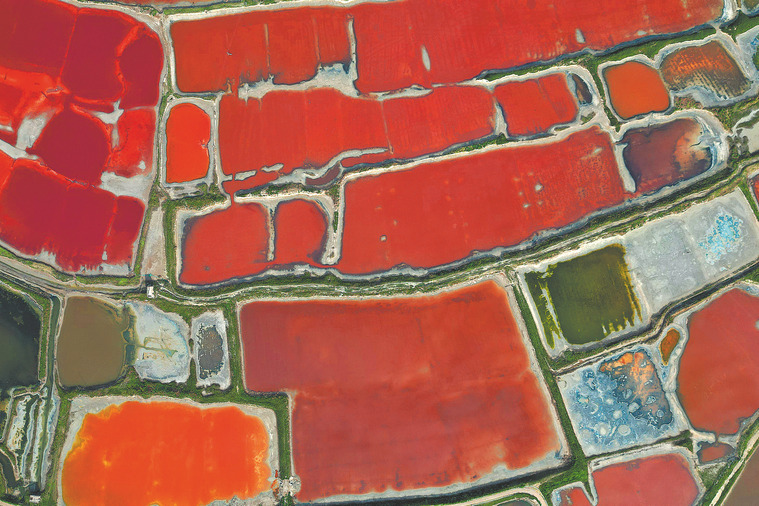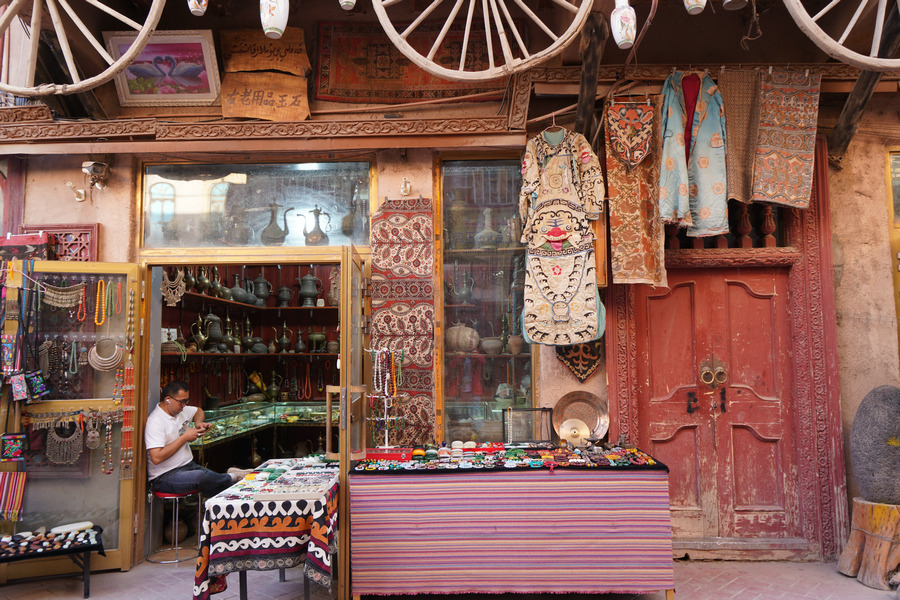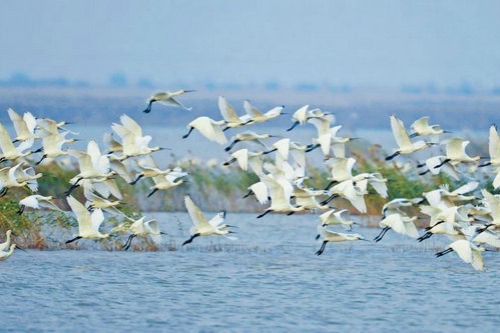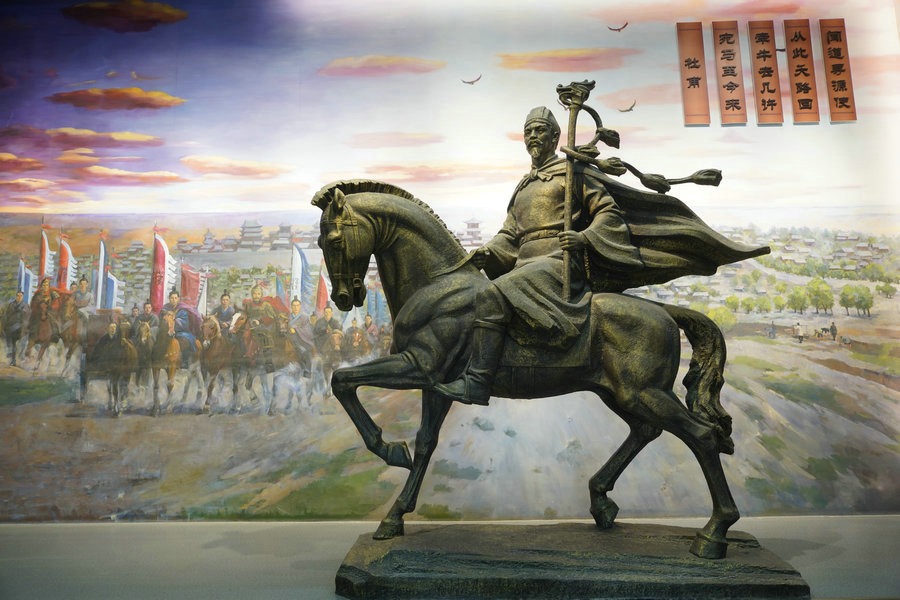Sustainability key to new Yangtze River revenue stream

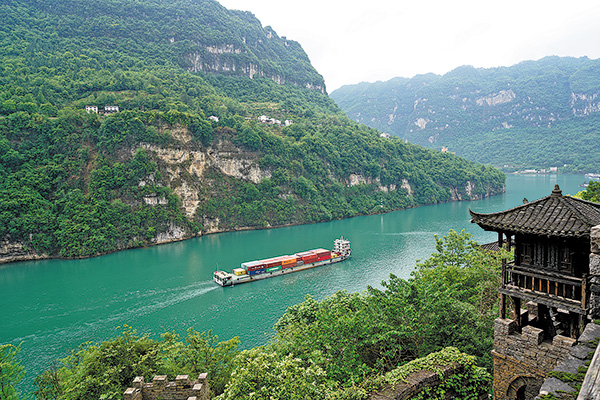
Yangtze River, one of the "mother rivers" of China, symbolizes the nation's rich history and culture, with its awe-inspiring currents and picturesque views along its banks.
Since the country is witnessing a boom in its domestic tourism, especially during the recent May Day holiday, destinations along the river are proving popular among travelers.
The launch ceremony for the 2023 Yangtze River Tourism Overseas Promotion Season recently kicked off in Yichang, Central China's Hubei province.
The event centers on the theme of "protecting the golden waterway and boosting green development", aiming to promote the diverse culture of the Yangtze River to the international community and demonstrate the results of ecological progress and the sustainable development of the Yangtze River Basin.
It was co-organized by the Network of International Culturalink Entities, Hubei provincial department of culture and tourism, and Yichang city government.
The Yangtze River international golden tourism belt covers Shanghai, Chongqing and nine provinces, including Jiangsu, Hunan, Yunnan and Guizhou, all rich in culture and tourism resources.
The Ministry of Culture and Tourism unveiled 10 national-level Yangtze River-themed tourist routes at the event: culture of the river, UNESCO World Heritage Sites, key water control projects and irrigation engineering, Red tourism (tourism related with revolutionary legacy), ecology, natural scenery, rural vitalization, intangible cultural heritage, unique landforms and urban leisure.
A further 38 boutique travel routes along the tourism belt were also launched, to meet the diversified demand of tourists. The various themes include the Three Gorges Project, mountains, traditional Chinese gardens, ethnic group villages and wildlife.
Until the end of June, photos, short videos and livestreams about the beauty of the Yangtze River are being shown online to a global audience.
The China Cultural Center will hold events to promote river tourism resources in Paris and Tokyo in early June.
Wan Ting, deputy director of the Network of International Culturalink Entities, says that the event aims to tell the beautiful cultural stories of the Yangtze River in a way that is understandable to the world.
"Today's tourism industry should focus on safe and sustainable ecotourism. This means promoting responsible travel and quality tourism, adopting an environmental management system, safeguarding biodiversity, increasing green investment in tourism and encouraging the development of new and clean technologies," said Arthayudh Srisamoot, ambassador of Thailand to China, who attended the event in Yichang.
He believes that it's important to educate tourists and people in the area that maintaining the environment is as essential as improving livelihoods and identifying tourist attractions in the region.
"The Chinese government has implemented a number of policies to preserve the Yangtze River. …Yichang city, where the Three Gorges Dam is located, is a good example of the successful preservation of the great river," he says.
Yuk Sengponleur, tourism attache of the Embassy of Cambodia in China, who was present at the event, agreed.
"I'm impressed by the cruise along the Yangtze River in Yichang, taking you from downstream to upstream with a large ship lift. Such travel experiences along the river are also combined with nature and local ethnic group culture," he says.

















